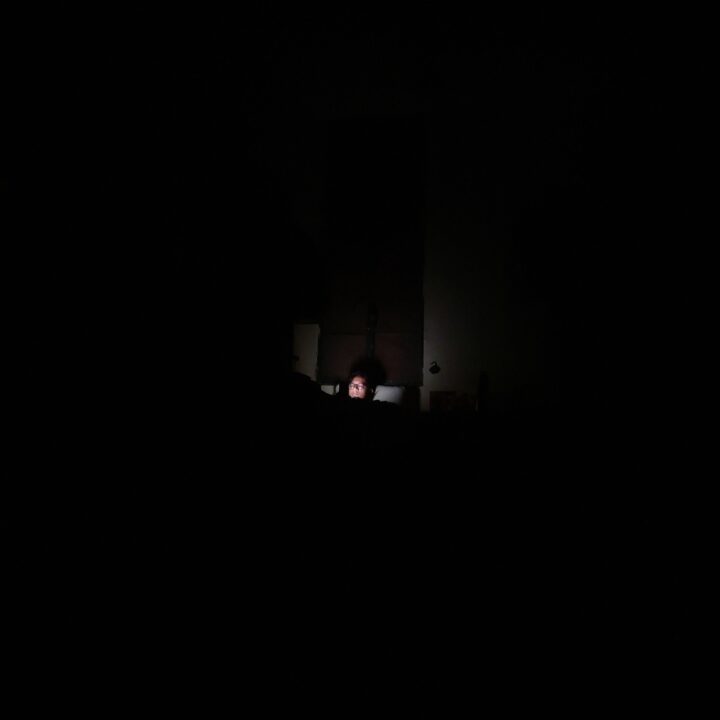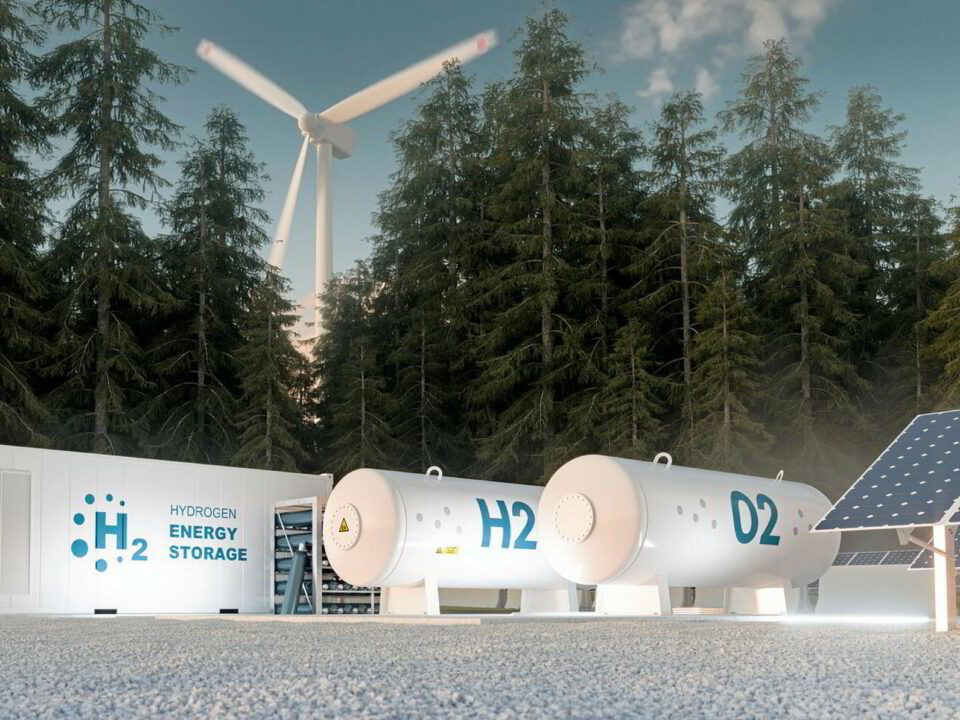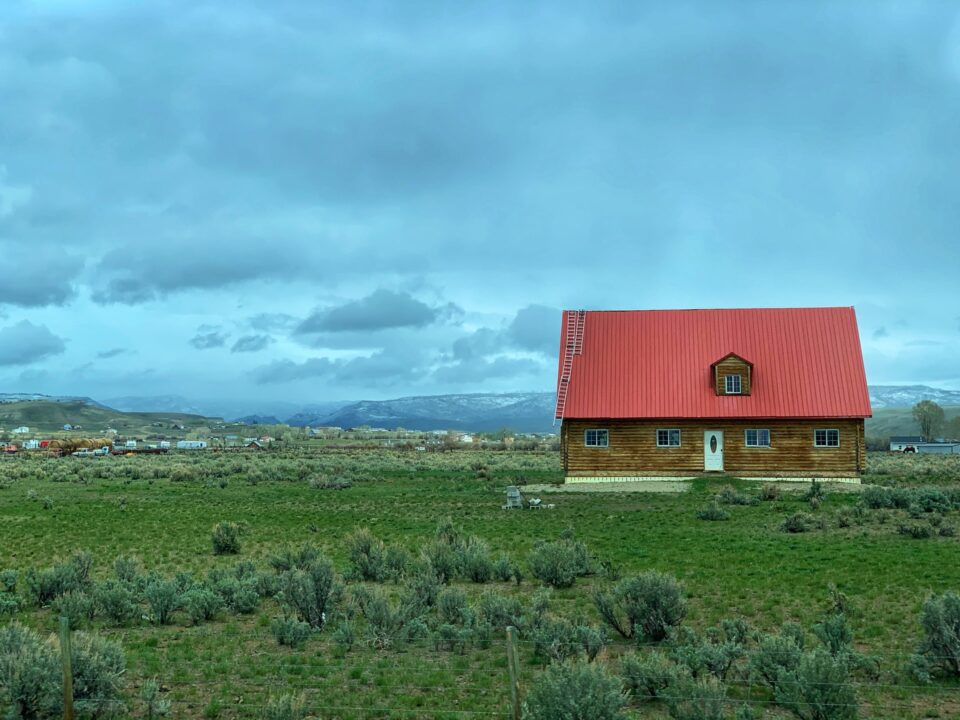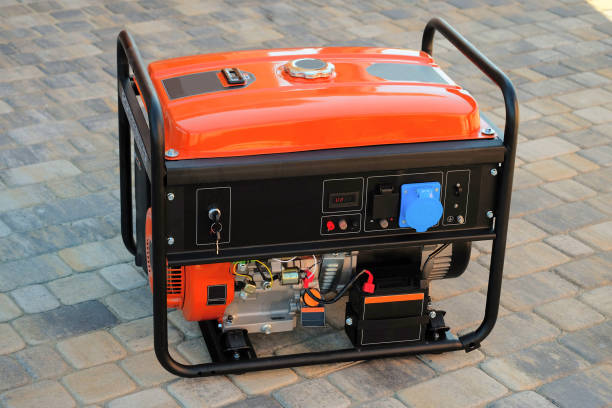
Advantages and disadvantages of diesel generators
March 9, 2021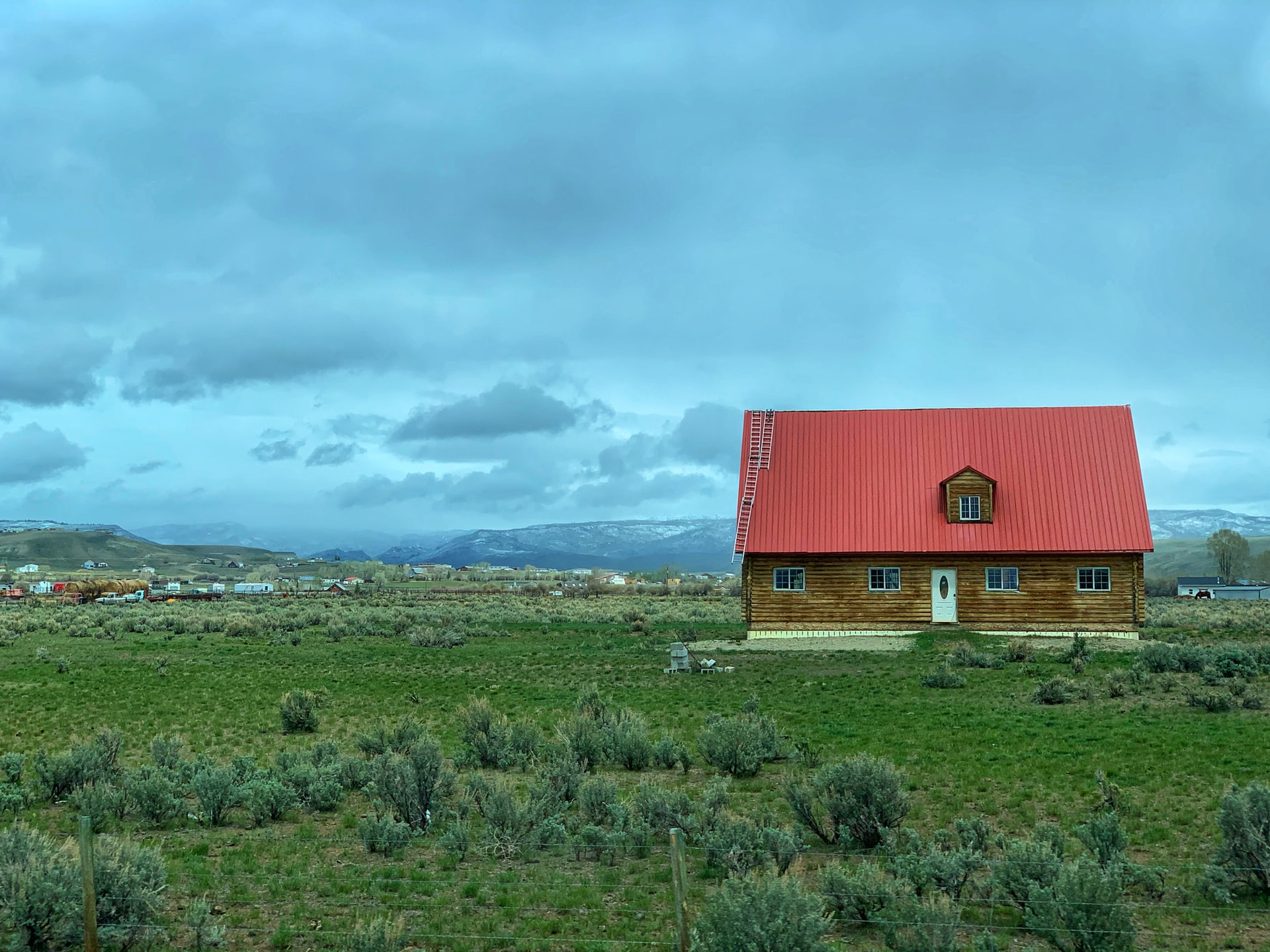
How to live off-grid without worrying about becoming primitive?
March 16, 2021A guide to powering your campervan
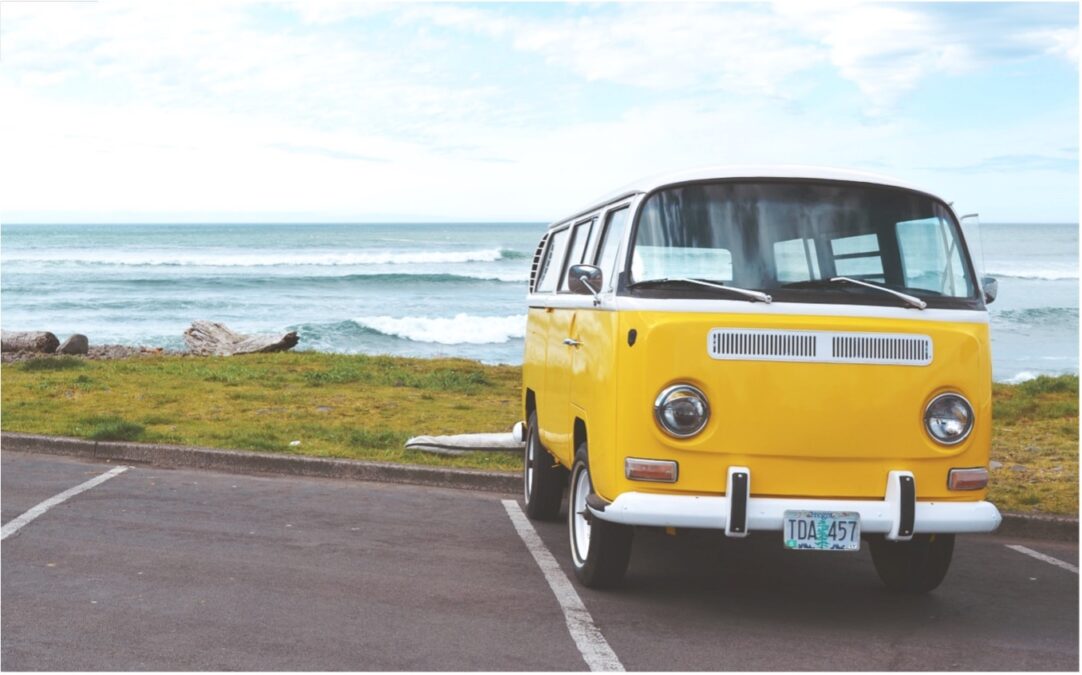
Modern campervans, caravans and motorhomes, or as they are called in North America – recreational vehicles (RV), are equipped with a lot of useful appliances. Dishwashers, mini-fridges, stoves, microwaves, and the list continues. While these items give you the comfort of a home on the road, it is important to keep them powered, at all times.
When it comes to powering your camper, there are plenty of options available such as using a generator, your vehicle’s alternator, batteries, solar panels, or even a fuel-cell-based generator. Whilst choosing between these options can be daunting, this blog will help you get a better picture of how each source works. Listed below are the common ways to power your next campervan expedition.
- Portable generators
- Alternators
- Batteries
- Solar panels
- Wind
- RV Hook-ups or shore power
- Fuel cell generators
- Portable generators
Generators are usually for those campers who are on a budget. The two main options available are gasoline and diesel-based generators. They provide enough power to run most of the gadgets and appliances in your campervan. However, if you have space restrictions because of the size of your campervan, you need to consider other alternatives as they are bulky and take up a lot of space. One of the major downsides to generators is that they produce harmful emissions and are not our environment’s best friend. Besides, they also produce exhaust fumes which odour can make you feel as if you are sitting next to a fuel station. Not to mention the noise pollution.
Often, gasoline and diesel generators are not allowed in many camping regions and national parks. So, if you are planning to use generators you might want to check first if the area you would be camping in allows the use of fossil fuel-based generators.
- Alternators
An alternator is like a built-in generator within your campervan. While running, your camper van’s engine spins the alternator which in turn charges your battery that supplies power to the electrical devices in your campervan. However, you can’t always be dependent on an alternator as it tends to wear out with usage. And in case your camper van’s alternator fails, it may damage your engine. So, this source can be a backup option, although one should not entirely depend on it as it can harm your camper van’s engine in the long run.
- Batteries
What do you do in case you suddenly run out of power? The answer is quite simple. You keep batteries handy with you. Batteries are also a good backup option, as they can provide power for a few days if used rationally. In fact, they can be recharged with your camper van’s alternator. Which is an advantage! And if you invest a little more and install a BMS (battery management system), an ammeter, and a stabilizing unit, you can control your camper van’s power usage. Let’s go through the battery options that can be useful for a campervan:
- Lithium batteries: Lithium batteries are lightweight and compact thus they take up less space. They do not easily corrode unlike the old school acid batteries and last much longer as well. This is the reason they are a bit pricey in comparison to other batteries.
- AGM batteries: AGM batteries are known to sustain heavy power usage and they charge way faster. They can be charged with a solar panel unlike lithium batteries and are much cheaper too. But a drawback with AGM is that they weigh much more than lithium batteries.
2020 has been a historic year for Europe as for the first time ever, Europe generated more energy from renewables than from fossil fuels. This proves that there has been a shift towards cleaner energy sources across sectors including RV’s and camper vans.
- Solar Panels
With ongoing discussions about using cleaner and renewable sources of energy for power generation, solar panels are a popular option. The obvious advantage of this energy source is that it’s eco-friendly yet affordable, the source (the sun) is free, which uses a simple method of charging the panels. Another attractive feature is that they are noise-free.
However, solar panels are not as easy and hassle-free as they sound. As the solar panels are dependent on sunlight, this means at times you need to park your camper under direct sunlight. In case you are camping in a region where there is not enough sunlight for a few days or weeks, charging the solar panels could be a problem as they are weather-dependent. On the other hand, during those harsh summer days, it can be torture to park your campervan under direct sunlight. You also need to keep in mind that they require installation space as more power demands more panels. Depending on the amount of solar energy you need, solar panels are categorized into:
- Solar Suitcase: A solar suitcase is a good option when you need only small amounts of solar power like 100 W. It gives you the most effective charge as the panel can be positioned towards the sun and it charges as it moves across the sky. A drawback with this kind of panel is that it needs to be stored in a small space, packed, and unpacked, and moved now and then to be effective.
- Mounted solar panels: For a robust solar setup, mounted solar panels are a good option. There is an option of installing multiple mounted solar panels in case you have space and budget. You need to make sure to park your vehicle under direct sunlight if want a solid charge. During winter months, when the sun is not that strong and is at different angles, charging could take longer.
- Wind Energy
Contemplating if you can use wind energy for powering your campervan? The answer is yes. Wind turbines can be a good source for campers, especially if combined with solar panels. Just like solar panels, wind generators are environmentally friendly as they do not deplete our surroundings. What should be noted, is that while solar power is most effective on a sunny day, wind power, on the other hand, can be efficient both on sunny as well as cloudy, or stormy days. Just like in solar panels, the larger the wind generator’s surface area means the more power it can generate. However, you should be cautioned that wind energy is not the perfect fit for camper vans unless you are only using them your campervan is stationary. Furthermore, you must keep in mind that wind energy alone can never be a sufficient energy solution for your campervan.
- RV Hook-up or shore power
Most campsites have shore power or RV Hook-up options for campers. Shore power essentially means electrical power from the grid. One can use shore power in two ways: either through a direct connection or charging a secondary battery and utilizing it later, even when you are not on the campsite. The cost of this source depends on the campsite which can be anything between $20 per night or as much as a hotel room stay. In some cases, this source can be expensive, but it does give you the luxury of being able to run everything from your hairdryer, microwave and even your refrigerator.
- Fuel cell generators
We saved the best for the last! NASA started developing fuel cell generators in the 1950s for their space missions and fuel cells have been around since the 1800s. Fuel cell generators essentially use a chemical reaction to generate electricity. These devices offer clean electricity, with exceptionally low or no emissions. Different brands offer use different fuels to power the fuel cell. These might include methane, ammonia, LPG, or natural gas, and the most upcoming one, hydrogen. While it is obvious that fuel cell-based generators using ammonia, methane, LPG, and natural gas as fuel still produce some amount of carbon emission, hydrogen-based fuel cell generators produce only water vapor and heat. They are by far the most reliable, efficient, lightweight and eco-friendly options available for powering a campervan. However, just like any other energy source, fuel cell generators also have a few drawbacks. Ammonia, methane and LPG-based fuel cell generators are can be portable but expensive and emit some amount of CO2. Hydrogen-based fuel cell generators are the most eco-friendly portable generators; however, cost and availability can be an obstacle.
You may confuse fuel cells with batteries, but both are different. Batteries store energy through chemical reactions, whereas fuel cells generate electricity through chemical reactions.
Off lately, hydrogen has been making headlines, as nations globally are placing their bets on this clean fuel. However, its availability is still a hiccup as storing and transporting hydrogen is not easy. But experts do believe that fuel cell generators can be the future of powering campervans. While choosing between one or more energy sources is a personal option, what is ideal is based on your individual camping style and what you need to power.
Check out the range of PowerUP’s portable and silent fuel cell generators here!

